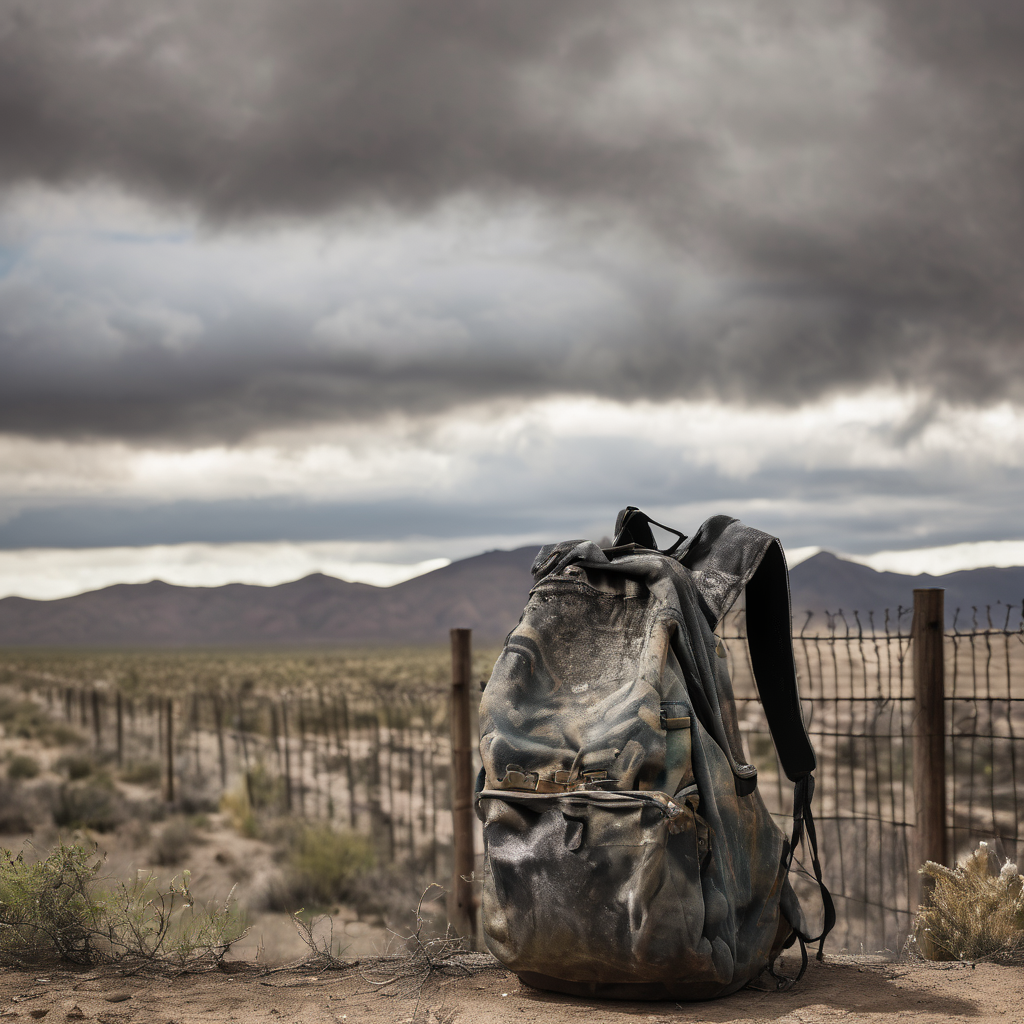The Supreme Court has announced plans to review a significant case regarding the timing of when migrants can be considered to have arrived in the United States. This review could have major implications for how and when migrants intercepted before they cross the U.S.-Mexico border are allowed to apply for asylum. The case stems from a petition filed by the Trump administration in July, seeking to overturn a ruling by the U.S. Court of Appeals for the 9th Circuit. This ruling affirmed that migrants stopped on the Mexican side of the border maintain the right to apply for asylum in the United States while undergoing necessary screening for admission.
Solicitor General D. John Sauer, representing the Trump administration, argued that the 9th Circuit’s decision undermines the Executive Branch’s capability to manage border surges and address overcrowding at entry points along the border. The case traces back to a class-action lawsuit initiated in 2017 by 13 asylum seekers and the nonprofit organization Al Otro Lado. These claimants contended that U.S. Customs and Border Protection agents were unlawfully denying them access to the asylum process by barring their entry at border ports.
In a pivotal ruling in 2022, a judge from the U.S. District Court for the Southern District of California concluded that migrants turned away while seeking to enter the United States are unfairly deprived of their right to seek asylum. This ruling was later upheld by a divided panel on the 9th Circuit.
At the heart of this legal debate is a policy known as “metering,” a practice that allowed border officials to prevent undocumented migrants from entering the country without documentation. This policy originated in 2016 under the Obama administration in response to an influx of Haitian migrants at the San Ysidro port of entry in San Diego. It was formalized in 2018 by the Trump administration and subsequently rescinded in 2021 by the Biden administration.
In a statement released on Monday, attorneys representing the asylum seekers and Al Otro Lado emphasized the detrimental effects of the metering policy, asserting that families and individuals fleeing persecution were forced into dangerous conditions where they faced threats of violent assault, kidnapping, and even death. The legal team expressed anticipation for the opportunity to present their arguments before the Supreme Court, highlighting the ongoing struggle for justice and the reinforcement of asylum rights for vulnerable populations.
